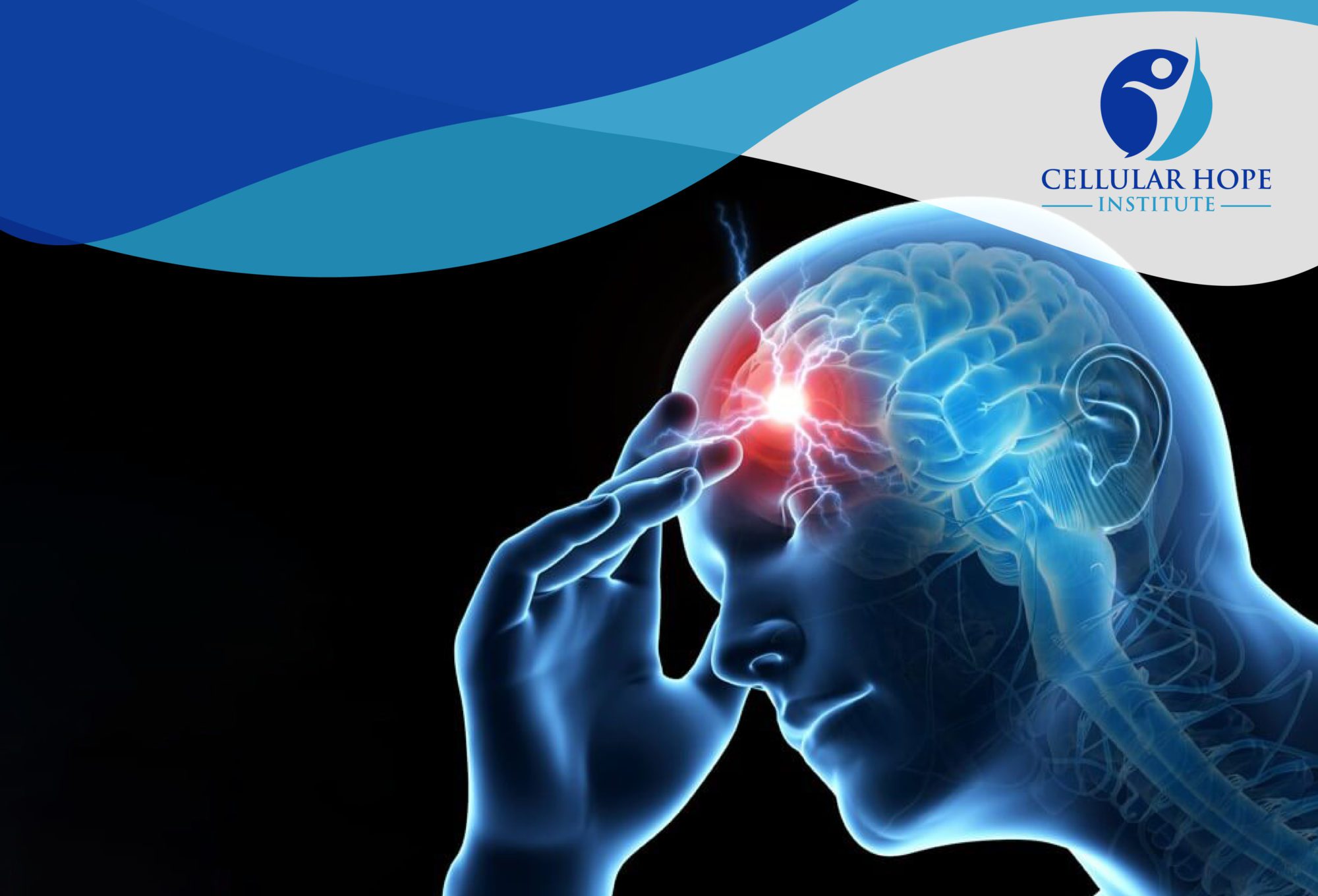Overview
Traumatic brain injuries (TBI), also known as concussions, are among the most frequent causes of death in the United States.
According to the Centers for Disease Control and Prevention (CDC), the number of emergency department visits related to TBI admissions, complications, and deaths increased by 53% in recent years.
People who can recover from TBI may experience irreversible neurological issues throughout their lives. As a result, they lose their autonomy and become reliant on other people to perform daily activities.
However, it’s not all doom and gloom. A few studies suggest that stem cell therapy could be beneficial in the management of TBI.
In this article, we’ll discuss everything you need to know about the potential effects of stem cell therapy in managing concussions.
How can stem cells help with concussions
For those unfamiliar with how stem cells function, here is a short description:
Stem cells can develop into any kind of tissue or cell, including those that don’t typically regenerate (e.g., heart cells, nerve cells). For instance, medical schools often teach that a person has the same number of neurons from the moment they are born to their death.
Although this assertion is not completely true due to the latest evidence that supports the ability of neurons to regenerate, the rate of regeneration is nowhere near enough to restore the damaged tissues caused by TBI or strokes.
To this end, researchers are using stem cells to create new neurons to help patients with TBI, multiple sclerosis, and other neurological disorders.
What is the scientific consensus on stem cell therapy and traumatic brain injuries?
Mesenchymal stem cells derived from the bone marrow, umbilical cord, or adipose tissues showed positive results in the management of concussions.
In a number of studies, the administration of stem cell therapy via the spinal cord showed real evidence of lesion improvement. Researchers used advanced imaging techniques such as functional MRI to objectify the changes.
Neuroscientists theorize that stem cells can replace the dead neurons, which helps with restoring some of the lost functions.
Today, hundreds of clinical trials are trying to unveil the full extent of how stem cell therapy helps with traumatic brain injuries.
Based on the available research, scientists advocate for the use of stem cell therapy in treating patients with severe concussions.
However, neuroscientists insist that stem cell therapy is only used in patients who failed to respond to conventional treatment methods.
To see whether you are a candidate for stem cell therapy, contact us by clicking on this link. You will speak with one of our healthcare professionals in Cancun, México.

Takeaway message
Stem cells have an amazing ability to divide into any type of tissue and potentially restore lost functions.
We hope that this article managed to highlight the potential role of stem cell therapy in addressing traumatic brain injury.
If you have any questions or concerns regarding stem cell therapy or TBI, please do not hesitate to share your thoughts in the comment section below.

